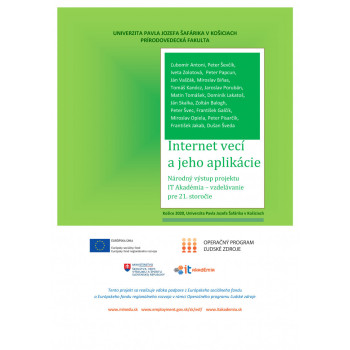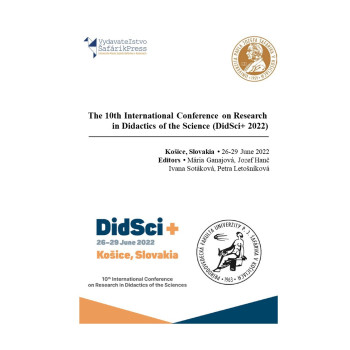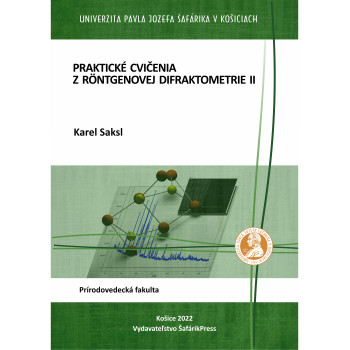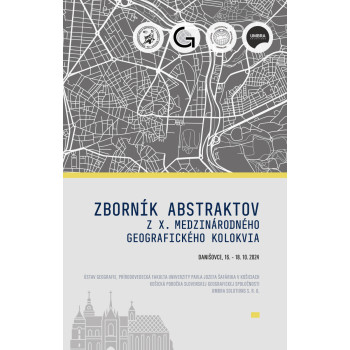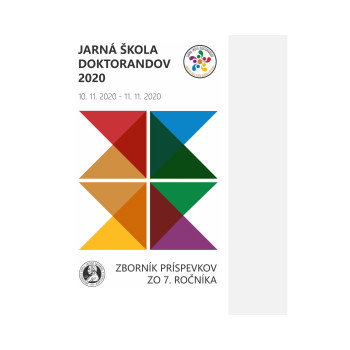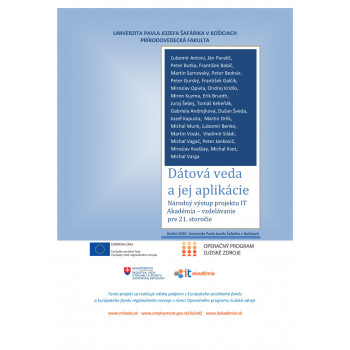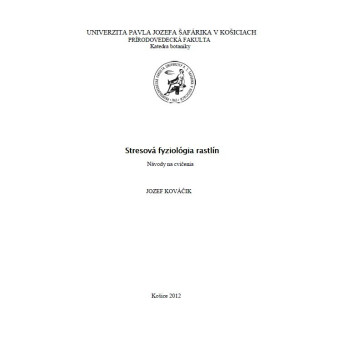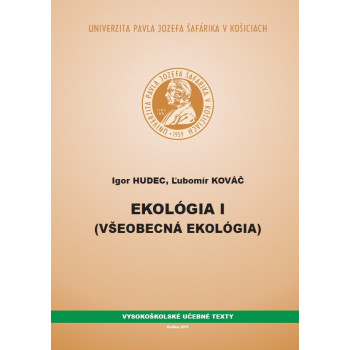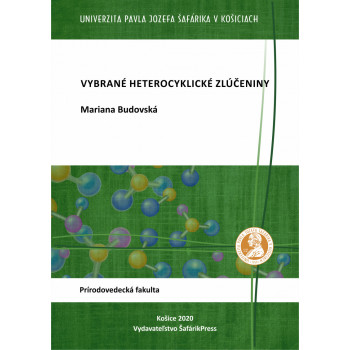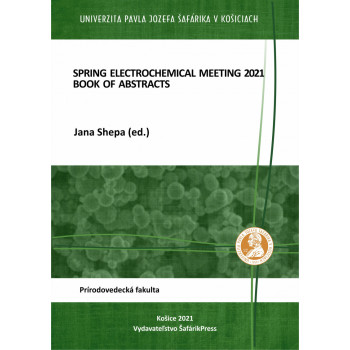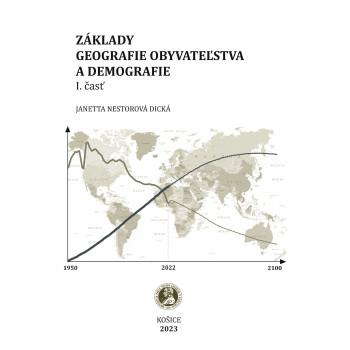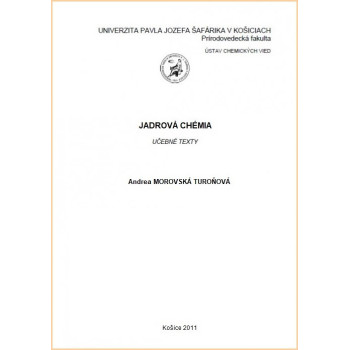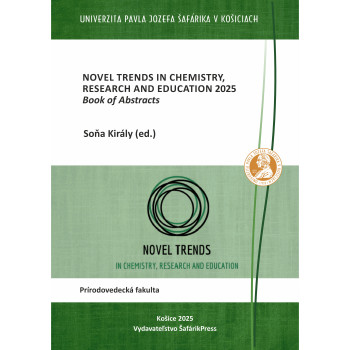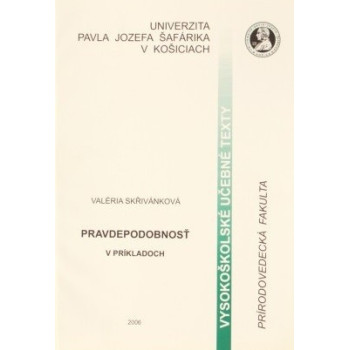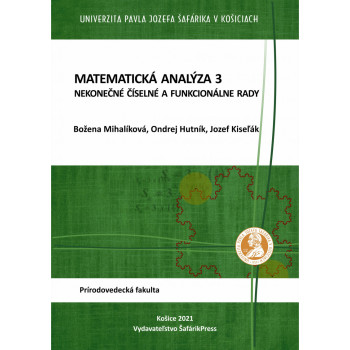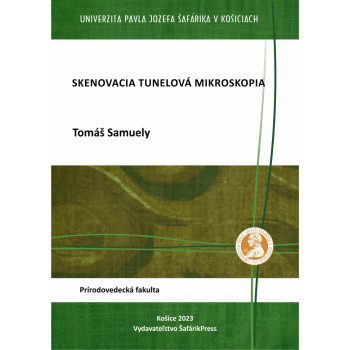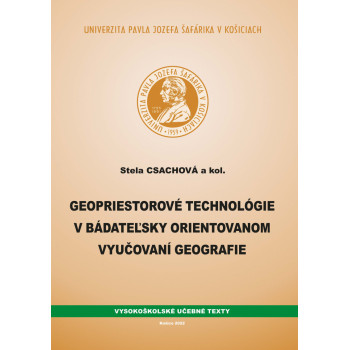
Internet vecí a jeho aplikácie
E-book
Ľubomír Antoni a kol.
In university textbooks, we present the basics of the Internet of Things, its origin and technological development, concept. We classify Internet of Things applications into the areas of healthcare, intelligent environment, personal and social areas, transport and logistics, smart cities.
We present an overview of university subjects in the field of the Internet of Things, which were created and innovated at Slovak universities within the national project IT Academy - Education for the 21st Century. We present extended subject annotations, application examples and case studies using various methods in the field of the Internet of Things.
University textbooks are intended for students of bachelor's, master's, engineering and doctoral study programs in computer science, but also in non-informatics fields.



